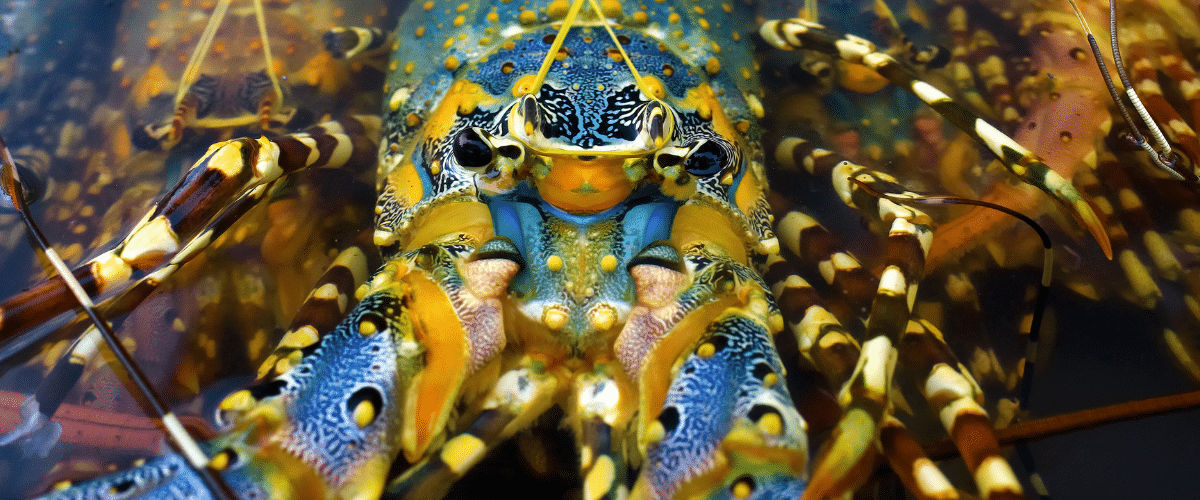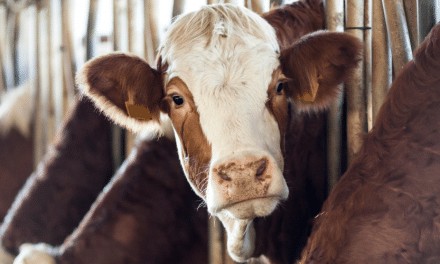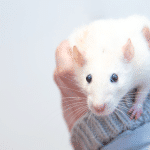By Mike Radford, Reader in Animal Welfare Law & UK Constitutional Law
Today, the UK Government published its long-awaited Animal Welfare (Sentience) Bill (Animal Welfare (Sentience) Bill [HL] – Parliamentary Bills – UK Parliament), the latest attempt to incorporate into UK law the duty imposed on the governments of member states under Article 13 of Title ll of the Treaty on the Functioning of the European Union.
In doing so, it claims the legislation will “ensure that animal sentience is taken into account when developing policy across Government” (Animals to be formally recognised as sentient beings in domestic law – GOV.UK (www.gov.uk).
While I accept this may be the intention, I question whether the Bill as presently drafted guarantees such a positive outcome.
First, the good news:
- for I believe the first time in primary legislation, the term homo sapiens is substituted for ‘man’;
- there is to be an Animal Sentience Committee;
- by implication, wildlife is included;
- there’s no attempt to define in law the meaning of sentient or sentience;
- all UK government policy (excepting that which relates to legislative provision falling within devolved competence) is included;
- there’s the potential – but, as presently drafted, no certainty – for Ministers to be held effectively to account for having all due regard to the ways in which government policy might have an adverse effect on the welfare of animals as sentient beings; and
- as is the constitutional norm, Ministers will ultimately remain politically accountable to Parliament for the formulation and implementation of policy (there is clearly an attempt in the drafting to minimise the risk of Ministers being challenged in the courts by way of judicial review).
That said, after three years of waiting, some aspects are found wanting:
- there’s no express, positive duty on Ministers to have due regard to animal welfare;
- there’s no express, positive duty on the Committee to do anything;
- there’s no provision for formal animal welfare impact assessments;
- for the time being at least, invertebrates are excluded; and
- the Committee’s remit is limited to focusing on policy so far as it might have an adverse effect on animal welfare; it does not extend to commenting upon or recommending how policy might improve animal welfare.
The Bill states that, in relation to UK Government policy which is being or has been formulated or implemented, the Committee “may” produce a report containing its views on, or to what extent, the government is having, or has had, all due regard to the ways in which the policy might have an adverse effect on the welfare of animals as sentient beings.
On the one hand, this wide discretionary power is to be welcomed because potentially it gives the Committee the maximum room for manoeuvre. On the other, the effectiveness of the Committee is thereby entirely dependent on how it chooses, and how it is able, to operate, which will largely be dependent on its membership, status, authority, powers, and independence. In these respects, the Bill falls significantly short of what is required:
- the appointment of members and the terms of their appointment are to be entirely in the hands of the Secretary of State;
- there’s no requirement as to the Committee’s size;
- there’s no requirement for the Secretary of State to consult before appointing members;
- there’s no requirement for members to have particular, or indeed relevant, areas of expertise;
- there’s no requirement for the Committee to be independent;
- there’s no provision for a secretariat, let alone one that is independent of government;
- there’s no provision of resources;
- there’s no provision of statutory powers to enable the Committee to carry out its role; and
- there’s no provision requiring the Committee to be transparent and accountable.
The lack of the foregoing detail may be because it is rumoured that the government intends to make the Animal Sentience Committee a sub-committee of the Animal Welfare Committee. If this is so, it is entirely inappropriate.
If Parliament establishes a statutory committee for whatever reason, the assumption must be that it intends such a committee to be properly equipped to carry out its statutory function. In the case of the Animal Sentience Committee, this means that it must be distinct, discrete, and autonomous.
Further, the purpose of the Animal Sentience Committee is completely different from that of the Animal Welfare Committee. The latter exists to provide advice to government; the former is being created to review and scrutinise government. To do so effectively, the Animal Sentience Committee must have the necessary independence, authority, powers, and resources.
If the Animal Sentience Committee were to be a subcommittee, it would report to the full committee, namely the Animal Welfare Committee, which, so far as the Bill’s provisions are concerned, has no standing whatsoever in this context. A subcommittee which has a wider remit than its parent committee is a novel administrative concept indeed.
So, the job is part done, and the Bill requires substantial amendment if it is to positively impact animal welfare to the extent that we would all wish.
MIKE RADFORD
Reader in Animal Welfare Law and UK Constitutional Law
School of Law
University of Aberdeen
Aberdeen AB24 3UB
Scotland, United Kingdom


















